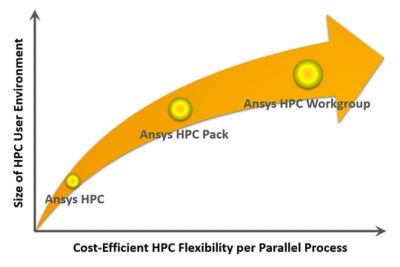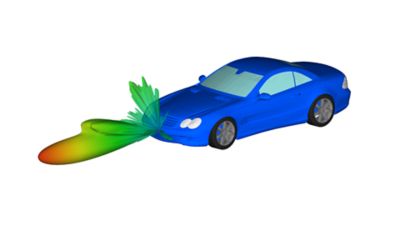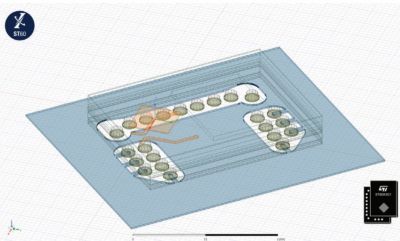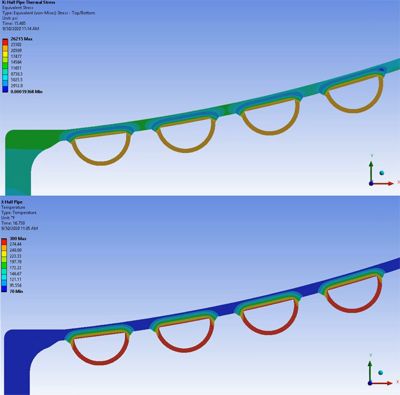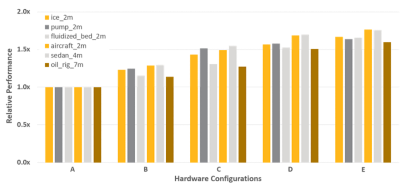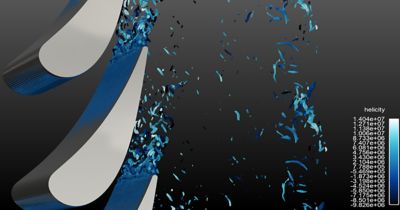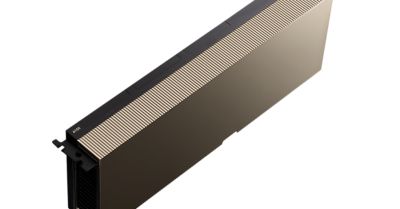HPC Pack licenses can be combined to run a single analysis across a relatively high number of processors (cores) to offer highly scaled parallel processing for your most computationally demanding projects. Alternatively, they can also be separately used to run multiple analyses across multiple processors. Instead of using your solver licenses, HPC Pack licenses can also be used for conducting concurrent simulations of parametric variations (supported by Workbench Design Points, Electronics Desktop, and CFX operating maps). Because HPC Packs are designed to provide virtually unlimited HPC, certain licensing combinations are not possible. For example, individual HPC Pack Licenses cannot be split between multiple users or between multiple analyses. Except for the 4 free, built-in HPC increments per solver license, you cannot combine HPC Pack Licenses with any other type of HPC licenses in the same analysis.
